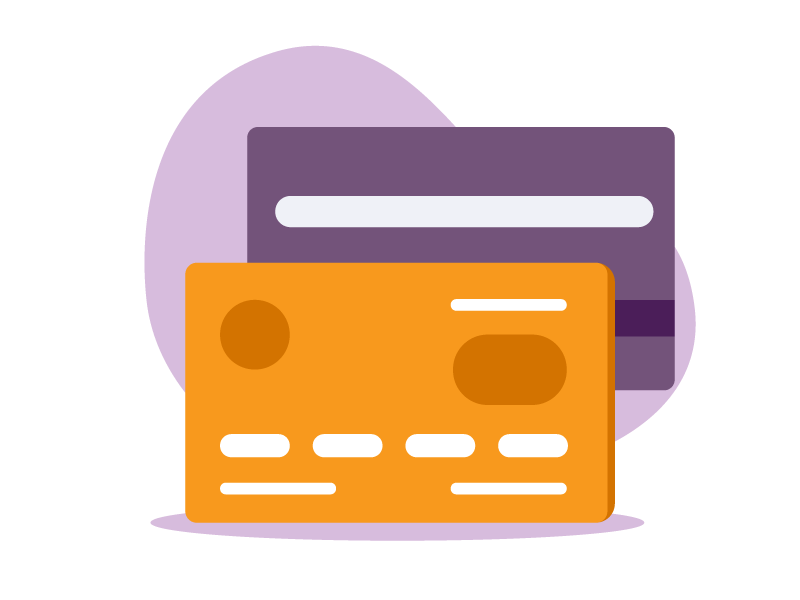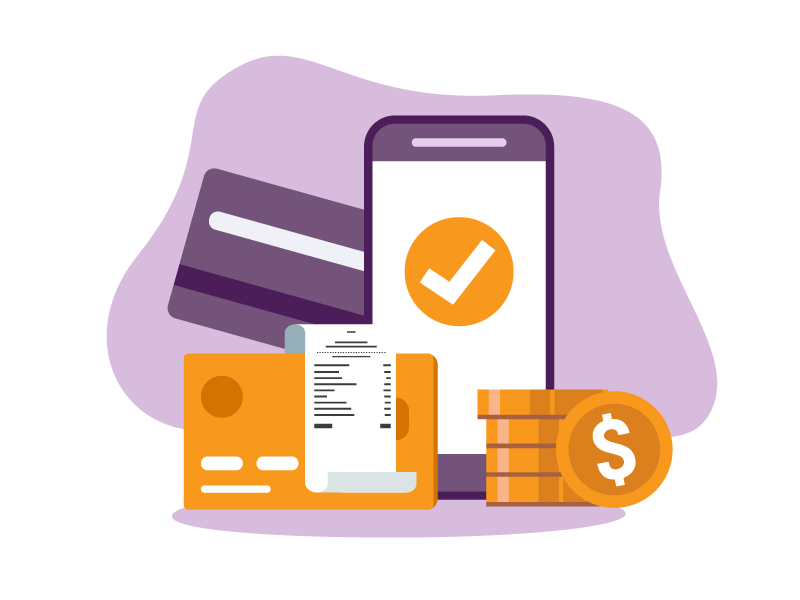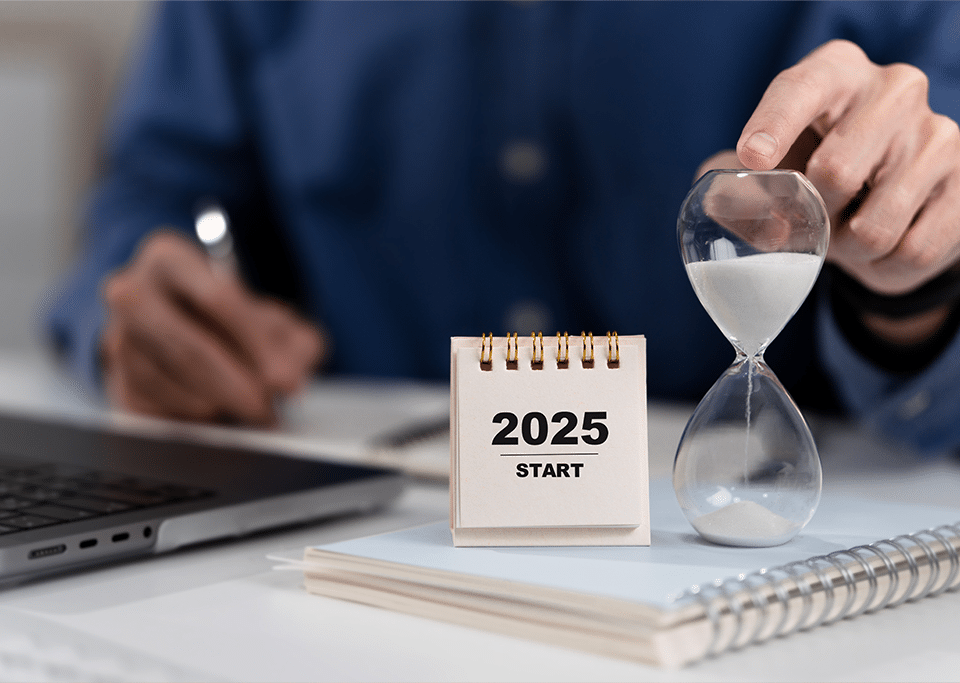CREDIT
Understanding credit helps you to make better decisions about the type of credit you might use and helps you stay out of financial trouble. When your income situation changes, it’s easy to start using more credit and sometimes financial habits change as a result. This page explores how to keep across your credit and understand your financial situation.
What is Credit?
Credit means that you are using someone else’s money. Credit commonly refers to a contractual agreement (credit agreement) between a borrower and lending party. The borrower receives a sum of money or something else of value e.g., house, car, and commits to repaying the lender at a later date. It always costs to use someone else’s money, typically with interest and according to the terms and conditions of the credit agreement.
Types of Credit
Secured Credit
Secured credit requires the borrower to provide an asset to be secured to the money being lent. Types of secured credit loans are mortgages, car loans where the home, land or car are the property secured to the credit. This type of credit is often for higher loan amounts and receives lower interest rates as there is security to the lender. There is a risk associated with this type of credit as your asset that was used as collateral becomes at risk if you default on repayments and do not meet your contractual obligations.
Unsecured Credit
Unsecured credit does not require an asset as security to obtain the money. This type of credit is more expensive to the borrower as this loan type usually has higher interest rates compared to a secured loan, there is a risk to the lender of not getting their money back. The interest is often compounding interest (interest on interest) and it can take you as much as 10 years to pay off a credit card with an initial balance of $1000 if you are only paying the minimum payment.
Types of Unsecured Credit

Credit cards
Credit cards are a form of unsecured credit which comes in the form of a plastic card that gives you access to money the bank has agreed to lend you for a certain period of time. You can work out how much a credit card will cost by using this comparison tool.
Store cards are used like regular credit cards but are usually offered by larger retailers (e.g.,Myers and others) and often charge much higher interest rates in spite of what seems like store incentives to use them.

Buy-now-pay-later
Buy-now-pay-later service (also known as BNPL) offers you a way to buy a product and delay payment but still take the product home. You would generally plan to pay off your purchase over a few weeks or longer for bigger purchases. No interest is applied, but if the payments are not made on time, late fees occur.

Personal loans
You can use a personal loan to pay for something special, like a holiday, car or home renovations. It costs money in interest and fees. You have to repay it with interest over a fixed term, usually between one and seven years. Doing your homework to get the best deal on a personal loan can save you thousands of dollars.

Short-terms loans
A short-term loan lets you borrow smaller amounts of money from $200 to up to around $5,000, $10,000 or more. Some short-term loans are now advertised up to $50,000. Establishment fees depend on how much you borrow and when you project you will pay it back.
A payday loan is a short-term loan usually less in amount (from payday to payday) up to $2,000, which you have up to 16 days to repay (a fortnightly pay cycle) before additional costs are charged.
Example from lender: a person borrowing up to $5,000 as a short-term loan might pay a comparison rate of approximately 65.7% and if borrowing $10,000 the comparison rate might be around 47% or more, which amounts to around $7,500 interest per year over a 2 year period. That’s expensive!
Example from Moneysmart: A quick fix costs a lot: “While it might look like a quick fix, a payday loan has a lot of fees. For example, to pay back a $2,000 payday loan over one year, your total repayments will be about $3,360. That's $1,360 more than you borrowed.”
Dos and Dont’s of Credit
1. Ask yourself some key questions
- Is this credit for something I need or something I want?
- Are there other ways to pay?
- How much extra will this cost?
- Where is the best place to get the credit I need?
2. Do
- Your budget to check if you can afford the credit. Use the budget calculator to get an accurate result.
- Find out what the credit will cost.
- Your credit agreement should show any fees and charges and interest rates for the product.
- Look for the comparison rate of the product (this includes fees, charges and interest)
- Work out how much the credit will cost you in addition to the product for which you are obtaining the credit.
- Check that the lender is licensed to provide credit.
- Look for their AFSL or CL on the Credit agreement
- Find out more about ASIC’s regulation of the conduct of creditors
- Read the credit agreement and find out
- When payments are due
- Whether there are penalties for paying credit our early
- About hardship provisions in the agreement
- Get legal advice about the agreement if you don’t understand anything that’s in it.
3. Don’t
- Sign a credit agreement without knowing and understanding the terms and conditions
- Apply for lots of credit when you don’t actually need it - it affects your credit rating/ score
- Apply for credit for someone else- it goes on your credit report and means you are liable for the debt
- Don’t go guarantor for a loan for someone else unless you are prepared to pay the entire loan in the case of a default. It’s pretty much guaranteed to affect your own financial fitness!
- Apply for credit (including phones etc.) without considering whether you really need the product- every application goes onto your credit report
Rights and responsibilities of using Credit
Your rights and responsibilities as a borrower
A person who borrows money from a creditor is known as a debtor. A debtor must:
- Provide accurate information when making credit applications (this identifies your capacity to pay)
- Work out whether you can afford to repay the credit by doing a budget
- Understanding the credit product by reading the credit agreement including all the terms and conditions
- Make payments when they are due
- Communicate any changes to the creditor
Rights and responsibilities of the creditor
The creditor is the person or organisation who provides the credit. A creditor must:
- Provide all information about the credit and the terms and conditions that apply to it
- This information must be provided in writing - a credit agreement
- Test your capacity to pay
The creditor can:
- Check your credit report to work out their risk of providing the credit
- Negotiate the costs and terms and conditions of the credit
- Pursue the debtor for unpaid credit
- List a debt on your credit report
- Enforce unpaid credit under certain conditions
Credit Reporting and Credit Scores
Things that affect your credit report and credit score
Your credit rating/score is affected by things like:
- Any credit application (including credit cards)
- Multiple credit applications [including phone contracts]
- Regular late and / or non-payment of bills including utilities, phone bills, loans etc.
- Mortgage default
The best way to maintain a good credit score is to:
- Only apply for credit for things that you absolutely need [e.g. house, car]
- Make sure you always pay your bills on time
- Do an annual check to ensure that nobody else is using your identify to gain credit
- Avoid high cost credit [e.g. using unsecured credit such as credit cards] which may result in late payments due to unaffordability









